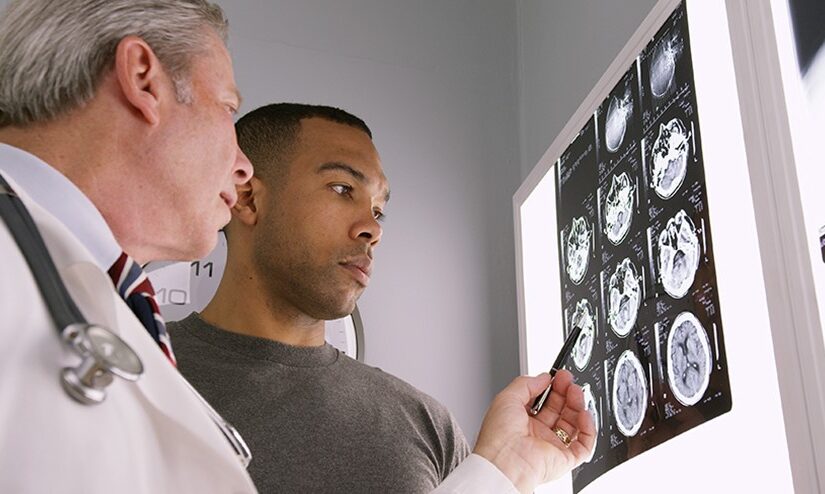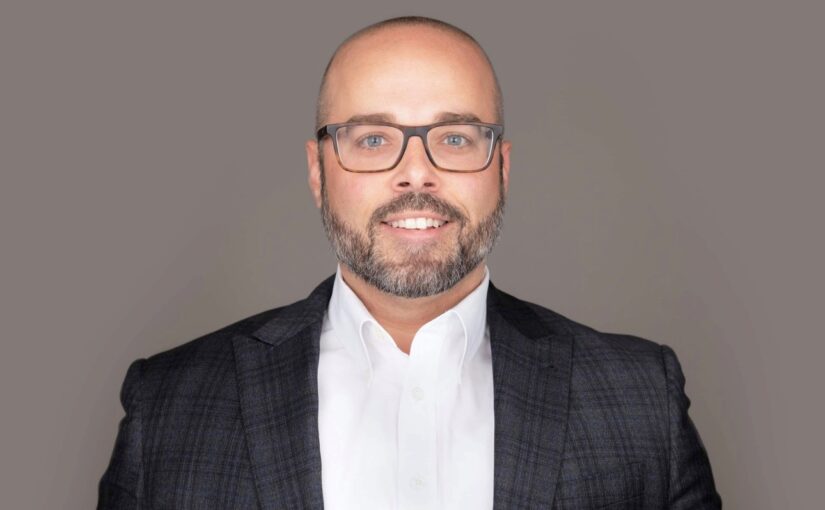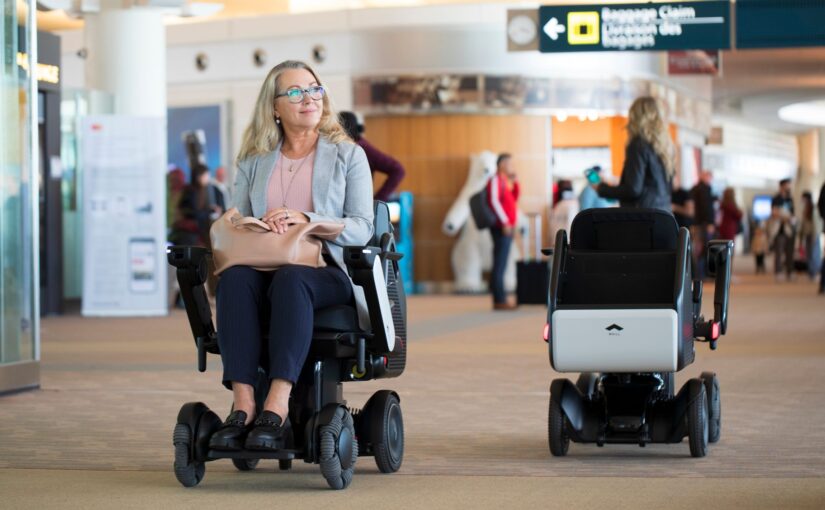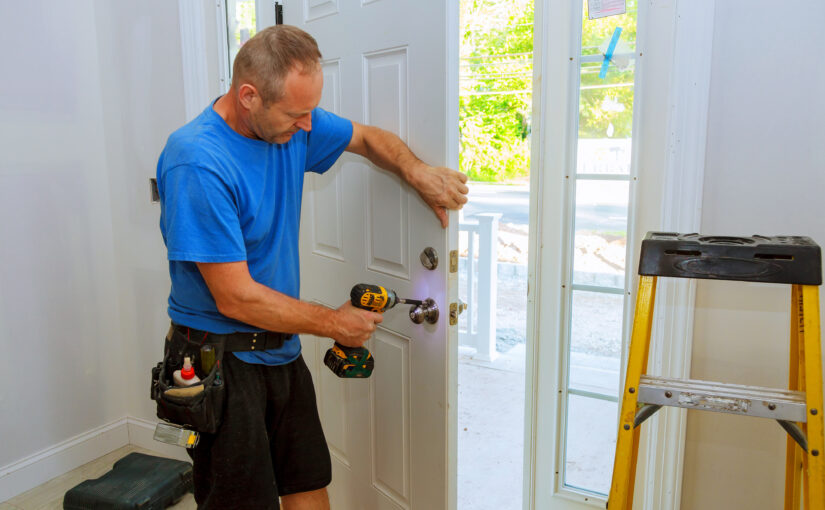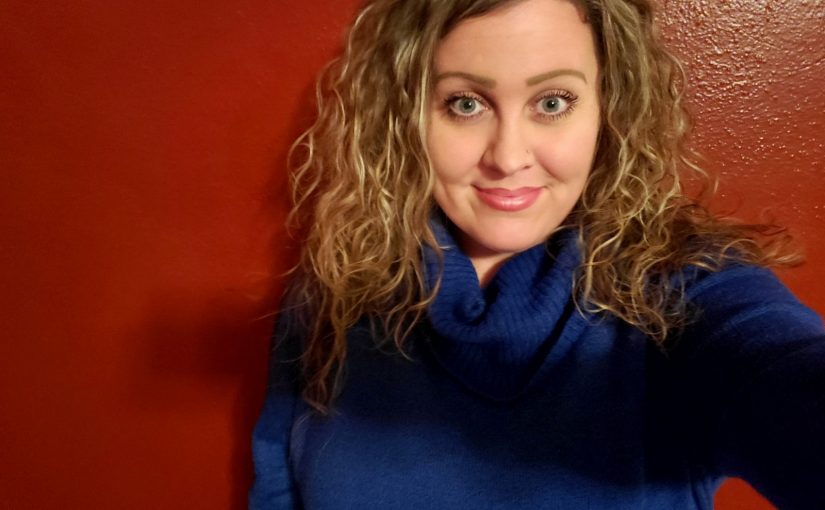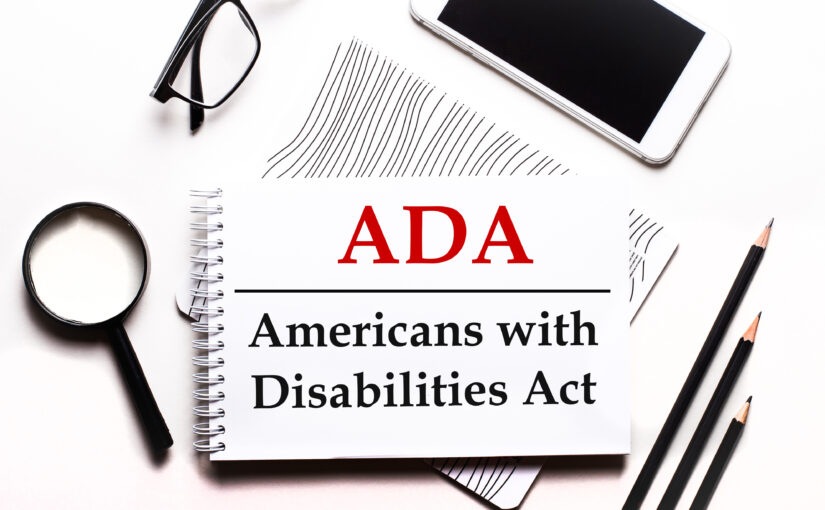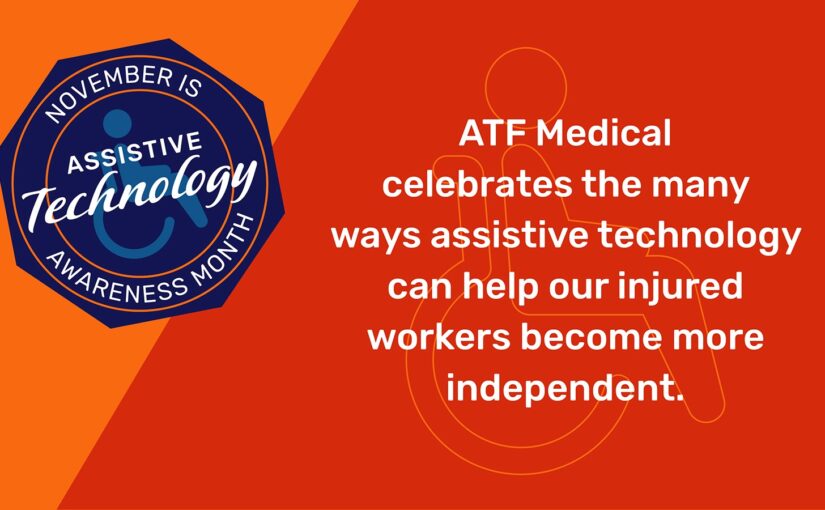March is the month the Brain Injury Association of America has selected to bring awareness to brain injuries. The organization’s tagline #MoreThanMyBrainInjury reminds us that someone with a brain injury is a person first. This message aligns perfectly with ATF Medical’s consistent patient-centric approach. We wrap ourselves and resources around all our injured employees, including those who have suffered a brain injury.
What are brain injuries?
There are two overarching types of brain injuries: traumatic and acquired. Acquired or non-traumatic brain injuries occur when the brain is altered by internal factors. A lack of oxygen, exposure to toxins, pressure from tumors, and strokes are a few examples of the acquired types.
If an external force, such as being hit in the head, a fall, explosion, a gunshot wound, or vehicular accident causes the brain injury, it’s a traumatic brain injury (TBI). These impact injuries can be open (penetrating) or closed.
About brain injuries in workers’ comp
Approximately 20% of work-related injuries of work-related injuries involve a TBI, according to the Centers for Disease Control and Prevention. Severity ranges from mild concussion to severe brain injury, and TBIs are typically associated with high medical costs and long-term disability.
The industries most likely to incur brain injury claims are construction, transportation, and agriculture. And the claims tend to be expensive. The National Council on Compensation Insurance (NCCI) put the average cost of a claim involving a TBI at $84,000 in 2017. Medical inflation has pushed that number higher in the past five years.
About the impact on the injured worker
A brain injury cuts to the core of a person. It affects who the injured worker is—how they think, act, and feel. Symptoms vary greatly from person to person, and no two brain injuries are exactly alike.
Patients with brain damage can have functional issues, such as physical weakness and a lack of coordination in the limbs. Visual impairment can be a symptom, and a brain injury can affect mobility and limit a person’s independence.
Cognitive effects, including confusion, memory loss, poor organizational skills, and poor reasoning skills can affect these injured workers. They tend to have trouble sleeping and suffer from fatigue.
They can be emotional, given to tears, and unable to control their anger. There can be a lack of impulse control. Many patients are depressed, anxious, and feel vulnerable and isolated. (Feelings of isolation are likely more prevalent with injured workers than other patients because they suddenly lose contact with most of their colleagues along with the sense of purpose working provides.)
When patients with brain injuries head home
Injured workers with serious TBIs spend time in a hospital and a post-acute care rehab center. These facilities are highly structured and keep patients busy most of the time. Returning home after living in such a regimented environment can be disconcerting. Suddenly, the injured person has to figure out how to live, while dealing with the loss of some routine capabilities.
Naturally, the home must be adapted to provide a safe and accessible environment. Ramps, roll-in showers, and door widening are typical home modifications. At the same time, rehab equipment is placed. These could include ceiling lifts, hospital beds, special mattresses, door openers, and wheelchairs.
Payers need to determine what modifications and rehab technology a particular worker needs and not let the contractor or equipment providers go on autopilot. Clinically focused specialists, like occupational therapists, Certified Environmental Access Consultants, Assistive Technology Professionals, and those holding the Executive Certificate in Home Modification should collaborate with contractors to design an appropriate plan.
The end product needs to accommodate the size and weight of equipment while fostering mobility, independence, and functionality for a specific injured employee with specific symptoms and needs.
Communication among specialists, with the payer’s claim representatives, and especially the injured employee and their family are essential ingredients to delivering clinically appropriate solutions. The injured employee’s journey to recovery – or acceptance of their condition – is arduous enough. They and their families do not need the stress and frustration that comes with receiving equipment they can’t use or not knowing when the construction crew will come or the powerchair will arrive.
Paying attention to the family
Family dynamics is a major psychosocial barrier to recovery. And adjusting to a new reality, and in some cases, a new personality, is hard on everyone, especially family members living in the home.
Dealing with the patient’s mood swings, depression, and anger drain reserves, The day-to-day duties and constant vigilance wear down the most diligent caregivers. And divorce rates among seriously injured employees are high.
Families often benefit from professional psychological services and support groups. The BIA provides a list of virtual support groups, organized by states.
Returning to work
The severity of the injury and the status of recovery dictate when and if an employee can return to work after a brain injury. Some workers return to their previous positions with no problem and others can resume their roles with help from assistive technology and ergonomic adaptions and/or reduced responsibilities.
In other cases, flexible, hybrid, work-from-home, or part-time schedules are appropriate. Transferring to a different position in the organization or receiving vocational rehabilitation and seeking a different job are other routes to explore.
Employers and employees should have frank, empathetic, and open discussions about the person’s abilities and stamina and the workplace environment as they select the best option.
Summary
Living with a brain injury calls for a wide range of resources and strategies. The people who manage their claims and providers who care for them need to be empathetic. And they need to advocate for the best home and work environment possible.
ATF Medical’s specialists and other staff members do just that as they simultaneously contain costs by avoiding unnecessary expenses and waste.
